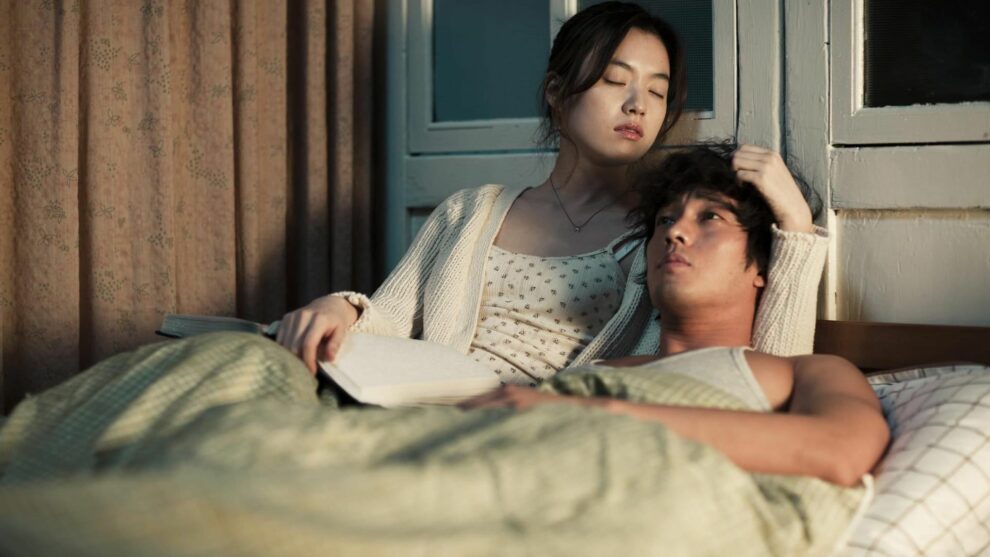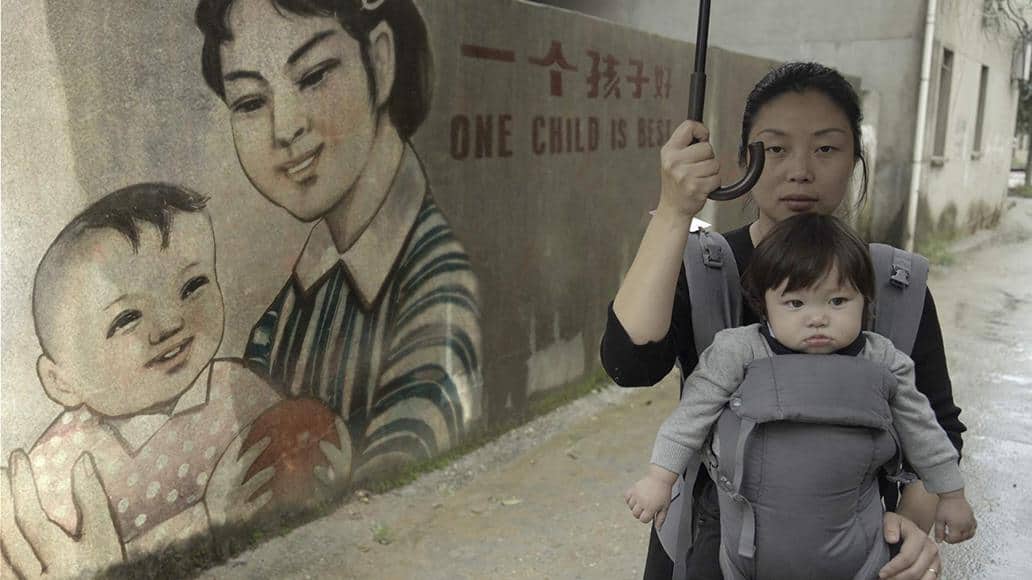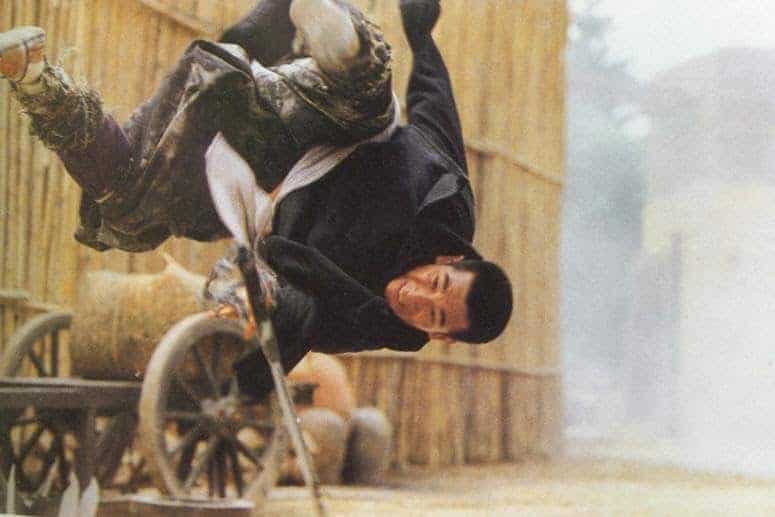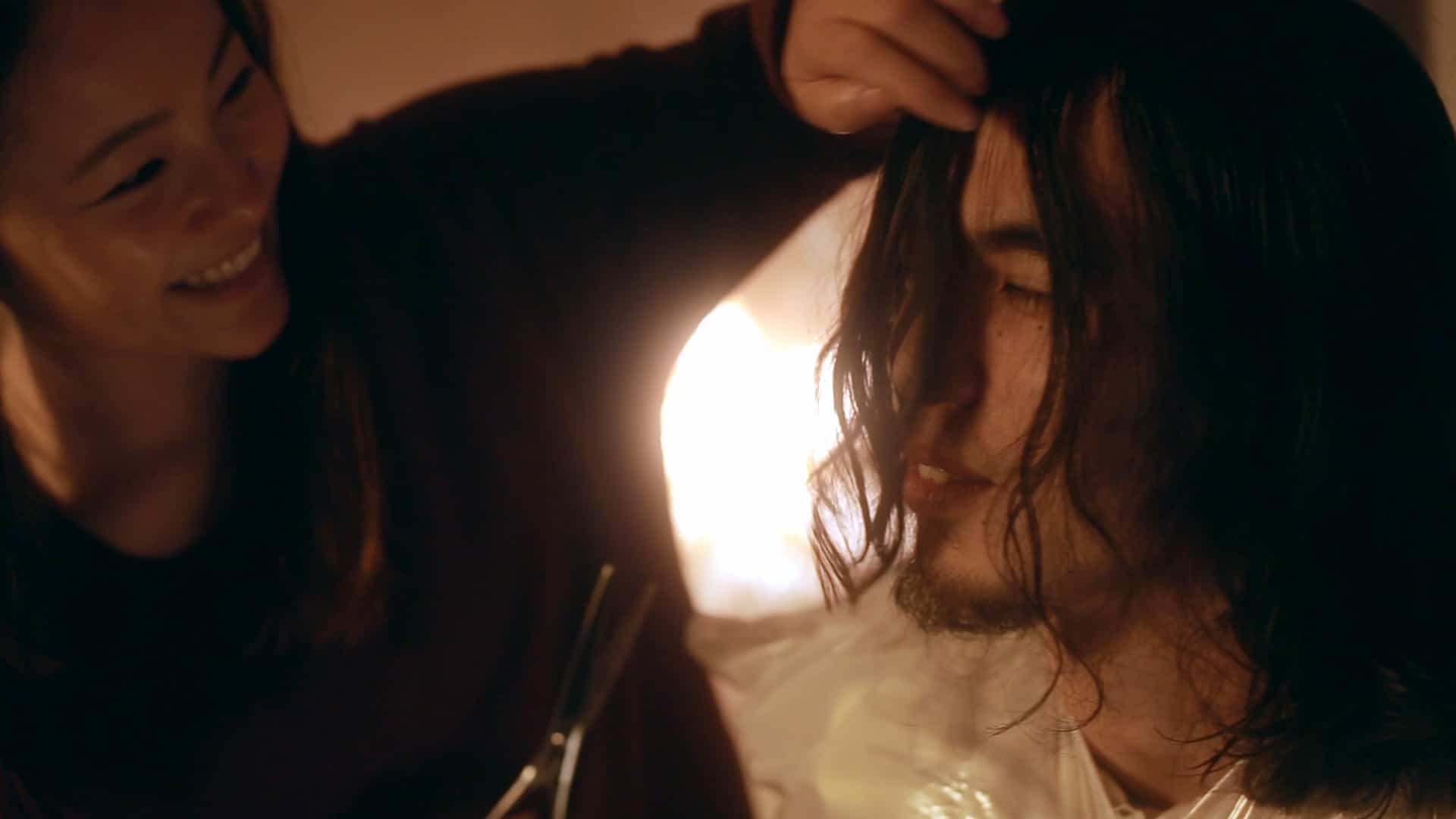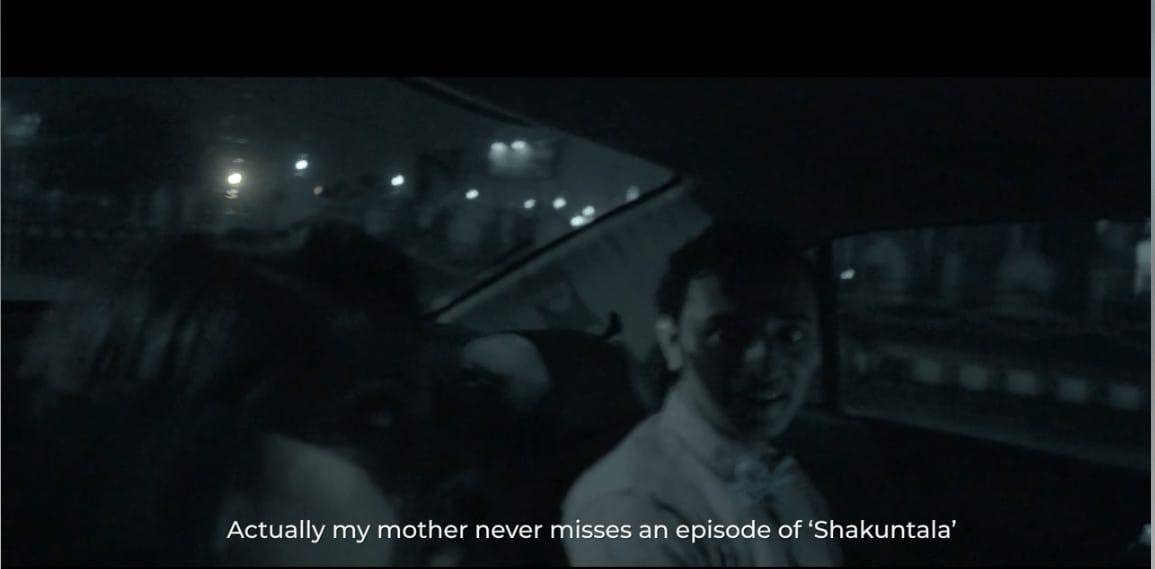After gaining international critical acclaim with his short and art house films, Song Il-gon's directed first mainstream film “Always” that opened the 2011 Busan International Film Festival. It was also the first feature film for actress Han Hyo-joo. Song Il-gon (1971) studied Fine Arts at the Seoul Institute of the Arts. After graduation he attended the National Academy of Film in Łódź, Poland. During his time there he made several short films that were influenced by psychology and Western mythology such as Liver and Potato(1998) inspired by the biblical story of Cain and Abel and The Dream of the Clowns (1998). Receiving the Jury Prize for Best Short Film for Picnic (Sopoong,1999) Song became the first Korean to win an award at the Cannes Film Festival. This international success continued with his first feature Flower Island (2001) wining a prize at the Venice Film Festival
“Always” is screening at Hong Kong Arts Centre, as part of the The Look of Love: Korean Romance Film Showcase program

Jang Marcelino (So Ji-sub) is a former boxer with a troubled past who works hard to redeem himself. Then he starts working as a parking lot attendant and on his first night, Jung-hwa (Han Hyo-joo) shows up claiming she used to watch a drama show on TV with his predecessor. Jang quickly realizes his visitor is blind which in the beginning makes him feel self-conscious and uncomfortable. However, when she keeps coming around night after night, what started out awkwardly grows into a friendship and eventually a relationship. After saving her from an assault by her boss Jang feels responsible for Jung-hwa. He promises to look after her and he gets his life back on the rails. And, when he later finds out he was indirectly responsible for the accident that made Jung-hwa go blind, he is even more determined to make her feel content and comfortable. So, it does not come as a surprise that when she needs surgery as to not lose what little eyesight she had left, he takes the drastic decision of participating in an illegal fight to earn the money for her operation. His getting involved with this criminal circuit is however bound to go wrong and almost deprives them of their happy ending.
Check also this interview
For his script Song took inspiration from Chaplin's “City Lights”, in which a tramp falls in love with a blind girl, transferring this narrative to a modern urban environment. Song's background in art house movies shows in the way he tells the story. The backstory of the main characters is revealed little by little and the atmosphere of the boxing world and Jang's past add a dark layer. Even though overall the story line is slightly predictable there is enough going on to keep the viewer interested.
From filmic perspective the contrast between the happy and the not so happy moments is not only talked about, but it is also visible and audible. When Jang and Jung-hwa are joyful and in love the scenes are flooded with light, to a point of being overexposed, while the other scenes are darker and often take place at night. A quite literal reference to this is Jang fixing up Jung-hwa's apartment when they move in together to make it more accessible for Jung-hwa. He also changes one of the windows to let the sunshine in, referring to (her) live being easier now. To underline the different moods even further, cheery songs contrast with a more menacing sound scape.
Where Song's skill, as a filmmaker, shines is in the fight scene. Filmed in high-contrast lighting its pace and tone is quite different from the average romantic film. It is a fast and brutal scene, not for the faint hearted. Because of how “Always” is set up, it does not feel out of place, but it makes one wonder if the movie needed the elaborate wrap-up that follows. In this final part, the narrative gets slightly unconvincing and it is telling that acting from the lead actors, whihc for the most part is subtle and believable, also feels slightly over the top . Maybe it would have been better to stop the film at its highpoint and leave what follows to the viewer's imagination. But with Song making his first mainstream film the slightly forced happy ending was the logical way to go as it makes “Always” appeal to a wider audience. A choice that is reflected in there being 3 remakes of his film: a Turkish, Japanese and Filipino one.
As a result, “Always” is edgier and darker than, not only Chaplin's film but also most modern day romantic drama's. Without Song's approach to both story and directing it would have been a film too sugarcoated and contrived to be believable.


